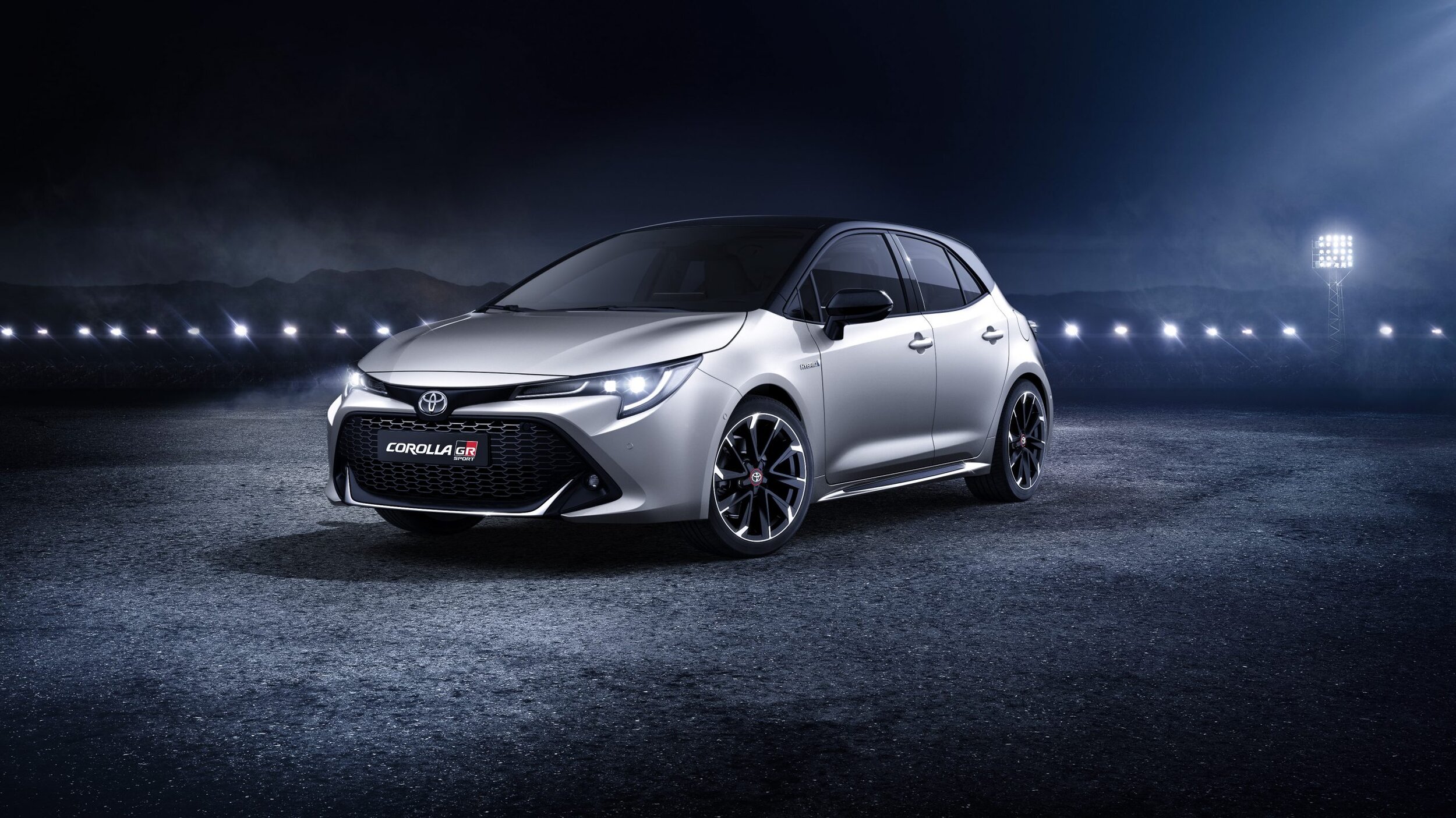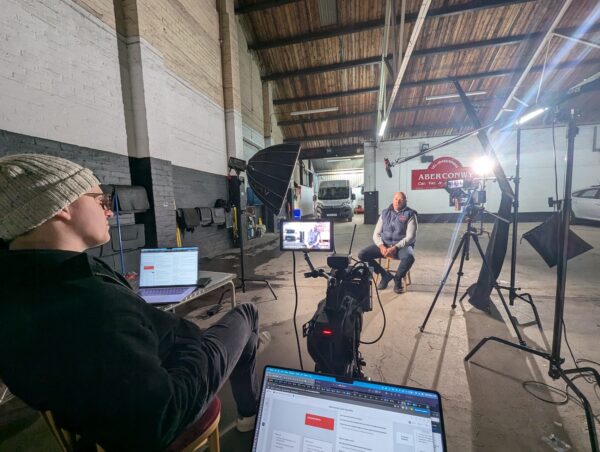Latest News | 3 November 2020
Toyota – the green power pioneers

A car manufacturer that for decades has been at the forefront of developing and producing fuel efficient vehicles, particularly at scale, is Toyota.
The company was the first to begin mass producing a hybrid-powered vehicle, in the form of the Prius, which was launched in 1997.
And in 2010, when the firm’s Derbyshire factory, at Burnaston, started making the Auris Hybrid, it became the first Toyota factory outside of Japan to start making hybrid cars.
Today, that factory manufactures the Corolla, and the majority of cars it produces are hybrids.
However, Toyota, as a business, is constantly exploring and researching greener sources of power.
Five years ago, the firm lifted the lid on the Mirai, a hydrogen fuel cell vehicle.
Hydrogen is just one of the energy sources being considered for inclusion in Derby City Council’s vision to make the city and the surrounding area the centre for future fuels development. Others include renewables, advanced micro nuclear, advanced gas, friction and batteries.
Consultants have already been appointed to look at a detailed five-year roadmap for hydrogen across Derbyshire and Nottinghamshire over the next five years and an outline plan for a further 15 years.
However, Councillor Chris Poulter, leader of Derby City Council, believes that it is not just in the transport sector that could feel the benefit.
He said: “The transport sector is likely to see the early adoption of future fuels to replace petrol and diesel. But there is real potential and growing commercial demand to move rapidly beyond transport.
“Transport, commercial or domestic activities are basically consuming energy. In most cases they also produce uncaptured energy, which is another important potential for future fuels and the integration of technologies.
“Hydrogen, specifically, is exciting as by-product, currently waste energy can be captured to produce hydrogen, which can then be stored as an energy source.
“Hydrogen as a fuel offers much of the same convenience as current mainstream fuel sources but its by-product is water.”


